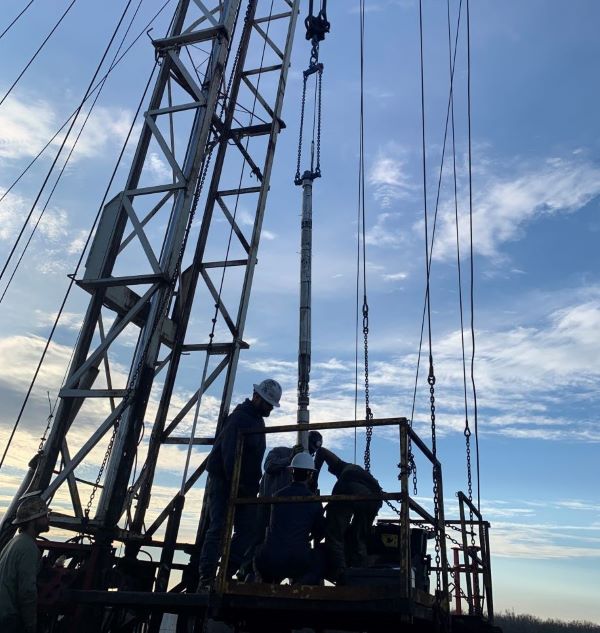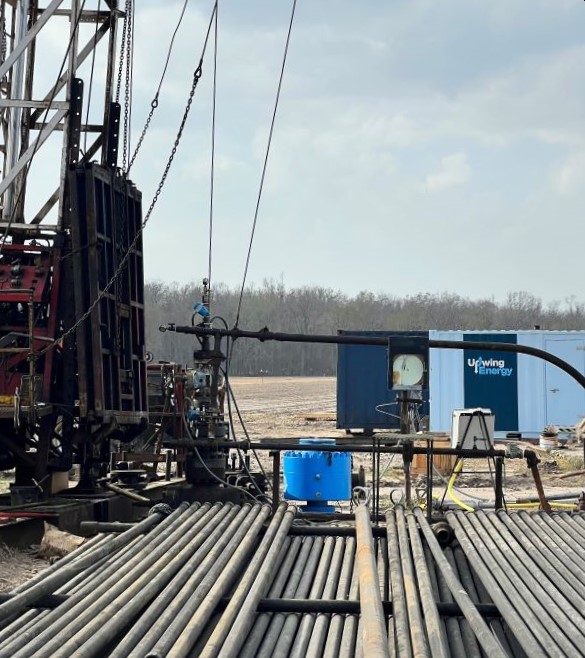E2E SERVICE
Resilience and Reliability Testing
Field Demonstrations:
Rigorous Testing of Upwing Energy's SCS and SCC Equipment in a Louisiana Gas Well
Objective: Upwing Energy, a trailblazer in energy-tech innovation, undertook an extensive testing initiative to assess the robustness and resilience of its Subsurface Compressor System™ (SCS) and Surface Control Center (SCC) equipment. The focus was on subjecting the SCS, the Variable Frequency Drive (VFD) in the SCC, and the control algorithms to the most challenging phases of the SCC's operational life – startup and shutdown.
Challenges Addressed
Rigid Body Mode Transition
During startup and shutdown cycles, the equipment encounters various rigid body modes. This testing aimed to thoroughly assess the SCS's ability to navigate through these modes seamlessly. By subjecting the system to 1,024 autonomous start and stop cycles, Upwing Energy aimed to validate the mechanical resilience and stability of the SCS under dynamic operational conditions.
Electrical Catch and Spin
The catch and spin during startup and shutdown present the most severe electrical challenges. By executing numerous autonomous cycles while the well was flowing, the testing evaluated the electrical components' ability to withstand and recover from these intense phases. This is crucial for ensuring the longevity and reliability of the equipment in the field.
Remote Commissioning without On-site Personnel
Traditionally, commissioning is performed with on-site personnel, providing immediate hands-on support. However, this testing provided a unique opportunity to validate the remote monitoring and control interface under real operational conditions without personnel on site. This not only underscores the efficiency of Upwing's technology but also highlights its capability to function autonomously and reliably in remote or challenging environments.
Additional Considerations
Personnel Safety
Comprehensive System Evaluation
Personnel Safety
Autonomous startup and shutdown testing inherently reduces the need for on-site personnel during these critical phases, thereby enhancing safety. It mitigates risks associated with human intervention during high-stakes operations.
Comprehensive System Evaluation
The testing not only focused on individual components but also provided a holistic evaluation of the entire system. This ensures that the integration of the SCS, VFD, and control algorithms functions seamlessly, meeting the demands of real-world operating conditions.
Proven Performance and Continuous Innovation
Extensive Testing Initiative
Download Case StudyThe insights gained from this testing not only affirm the current capabilities of Upwing's technology but also pave the way for future advancements. The success of autonomous testing opens avenues for further innovation in remote monitoring, control interfaces and operational autonomy, reinforcing Upwing Energy's commitment to pushing the boundaries of what is possible in the energy-tech landscape.


